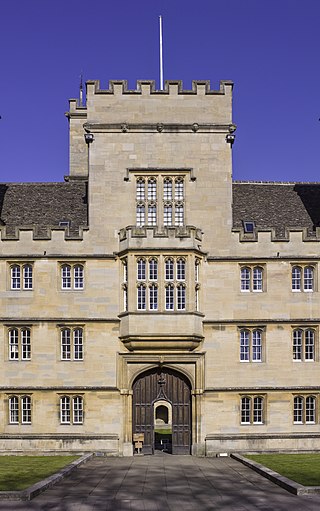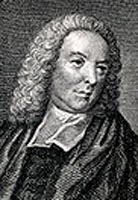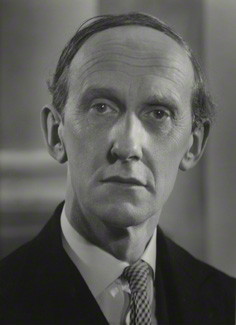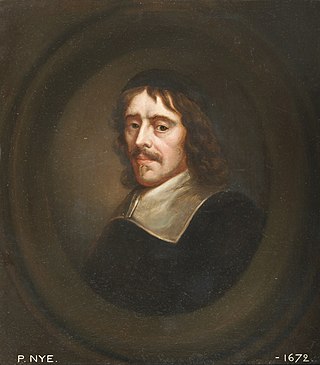This article includes a list of references, related reading or external links, but its sources remain unclear because it lacks inline citations .(January 2022) |
Samuel Austin, the younger (died ca. 1665) was an English poetical writer.
This article includes a list of references, related reading or external links, but its sources remain unclear because it lacks inline citations .(January 2022) |
Samuel Austin, the younger (died ca. 1665) was an English poetical writer.
Austin became a commoner of Wadham College, Oxford in 1652 and took his BA degree in 1656. Afterwards, he migrated to Cambridge.
At Oxford, he had gained a reputation for self-conceit. A contemporary remarked:
Such was the vanity of this person that he, being extremely conceited of his own worth, and overvaluing his poetical fancy more than that of Cleveland, who was then accounted the "hectoring prince of poets"...
Pieces of Austin's verse and prose were published in 1658 under the title of Naps upon Parnassus; a sleepy Muse nipt and pincht, though not awakened, including contributions by:
At the restoration of Charles II, Austin published another work Panegyrick (1661).
What became of Austin after the publication of the 'Panegyrick' is not known.

Wadham College is one of the constituent colleges of the University of Oxford in the United Kingdom. It is located in the centre of Oxford, at the intersection of Broad Street and Parks Road.

Thomas Fuller was an English churchman and historian. He is now remembered for his writings, particularly his Worthies of England, published in 1662, after his death. He was a prolific author, and one of the first English writers able to live by his pen.

Edward Young was an English poet, best remembered for Night-Thoughts, a series of philosophical writings in blank verse, reflecting his state of mind following several bereavements. It was one of the most popular poems of the century, influencing Goethe and Edmund Burke, among many others, with its notable illustrations by William Blake.
Sir Stuart Newton Hampshire was an English philosopher, literary critic and university administrator. He was one of the antirationalist Oxford thinkers who gave a new direction to moral and political thought in the post-World War II era.

Ernest Hartley Coleridge (1846–1920) was a British literary scholar and poet. He was son of Derwent Coleridge and grandson of Samuel Taylor Coleridge.

Lord Edward Christian David Gascoyne-Cecil, CH was a British biographer, historian, and scholar. He held the style of "Lord" by courtesy, as a younger son of a marquess.

Simon Patrick was an English theologian and bishop.
Floyer Sydenham was an English scholar of Ancient Greek.
Richard Duke was an English clergyman and poet, associated with the Tory writers of the Restoration era.

Sir Wadham Wyndham, of Ilton, Somerset and St. Edmund’s College, Salisbury, was a Justice of the King's Bench from 1660 to 1668.

Philip Nye was a leading English Independent theologian and a member of the Westminster Assembly of Divines. He was the key adviser to Oliver Cromwell on matters of religion and regulation of the Church.
Robert Harris (1581–1658) was an English clergyman, known as a Puritan preacher, member of the Westminster Assembly, and President of Trinity College, Oxford.
William Coward (1657?–1725) was an English physician, controversial writer, and poet. He is now remembered for his sceptical writings on the soul, which Parliament condemned as blasphemous and ordered to be burned in his presence.

Joseph White (1745–1814) was an English orientalist and theologian, Laudian Professor of Arabic and then Regius Professor of Hebrew at the University of Oxford.
Henry Denne was a Church of England clergyman and controversialist, later a prominent General Baptist.
Simon Ford (1619?–1699), was an English divine.
Samuel Lee (1625–1691) was an English Puritan academic and minister, late in life in New England.

William Bird or Byrd (1624–c.1691) was a 17th century English sculptor. He seems to have served Oxford University for many decades as their official mason. His most notable work is the covered arch linking the two sections of New College, Oxford, raised over the centre of the carriageway to allow laden haycarts to pass.

Samuel Woodford, was an Anglican divine and poet.
Thomas Lye, or Lee, or Leigh, was an English Nonconformist minister.
. Dictionary of National Biography . London: Smith, Elder & Co. 1885–1900.